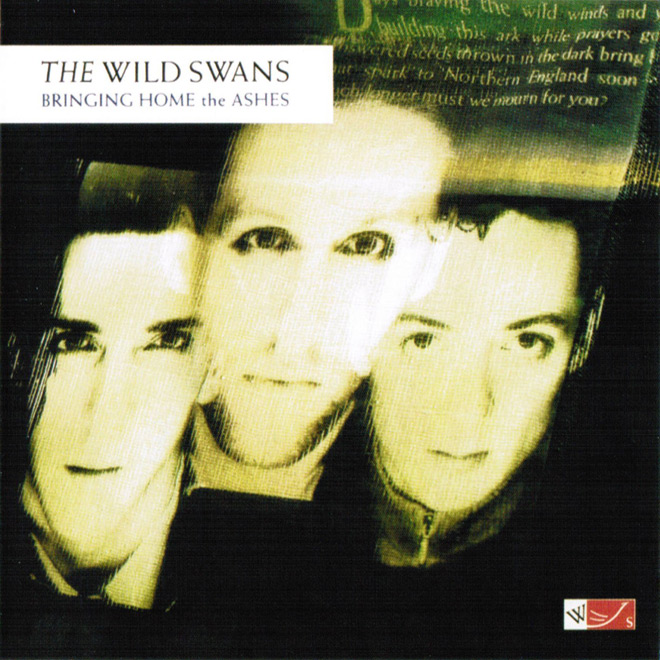

Alexsei sees himself as unworthy of love due to living in his brother's shadow, and Odette views herself as an unimportant peasant in spite of her strong leadership abilities.

Odette's relationship with Alexsei is slow and filled with doubt due to a lack of self-esteem on both sides. In fact, she finds Yakov just as cheesy as any modern princess would find a superficial prince of old. Odette's lack of interest in Yakov is a tribute to her astute ability to see past people's outward appearances. One major difference between this version and the ballet as well as Richard Rich's famous film is that instead of making the prince's companion a bumbling friend who has no real significance to the story, Alexsei visits Swan Lake with his brother Yakov, who is a self-proclaimed expert at charming ladies. Her plan works out just fine for four years until two princes discover the secret of Swan Lake and insist on trying to help find a way to break curse despite Odette's numerous protests. Odette trains the others to do smuggling jobs for an unknown client while also working to keep their curse a secret by preventing others from coming near the lake in case Rothbart finds them and curses them as well. Just like in the original story, Odette, along with Rothbart's other victims, are swans by day and humans by night. Odette was the first of Rothbart's victims Unlike the others, she came to him voluntarily in exchange for paying off her family's debt. For this reason, she is given the nickname "Swan Queen" like in the ballet, though her shortcomings prevent her from wearing that title with pride. Shea's other fairy tale adaptations, Swan Lake features a clever and calculating version of Odette who leads and protects the other cursed swans of the lake. The metaphor is disturbingly unclear.Like K. Silence is required for Eliza to save her brothers, for example, but in the AIDS half of the tale, silence - failure to speak up about an unspeakable disease - means death. Kerr falters only at the end, when the parallels between the tales seem to slip away. Meanwhile Eliza, in alternating chapters, must work in desperate silence, weaving jackets from stinging nettles to save her brothers.īoth stories are extremely sad and depressing, and yet wonderfully evocative of the joy of life. Another curse, and of course this one’s never been lifted. But it is also the time of AIDS, the plague that caused the death of many homosexual men before they knew what was happening. In Manhattan in 1981, a young gay teenager, banished from home, luckily meets someone who saves him from a life on the streets. The second, far more grounded in reality, includes only a hint that magic is real. The first, taking place in 1689, is a retelling of the fairy tale about a young girl whose eleven brothers, cursed by their stepmother, must spend their daylight hours as swans.

In this long fantasy novel, two stories are told in one.


 0 kommentar(er)
0 kommentar(er)
